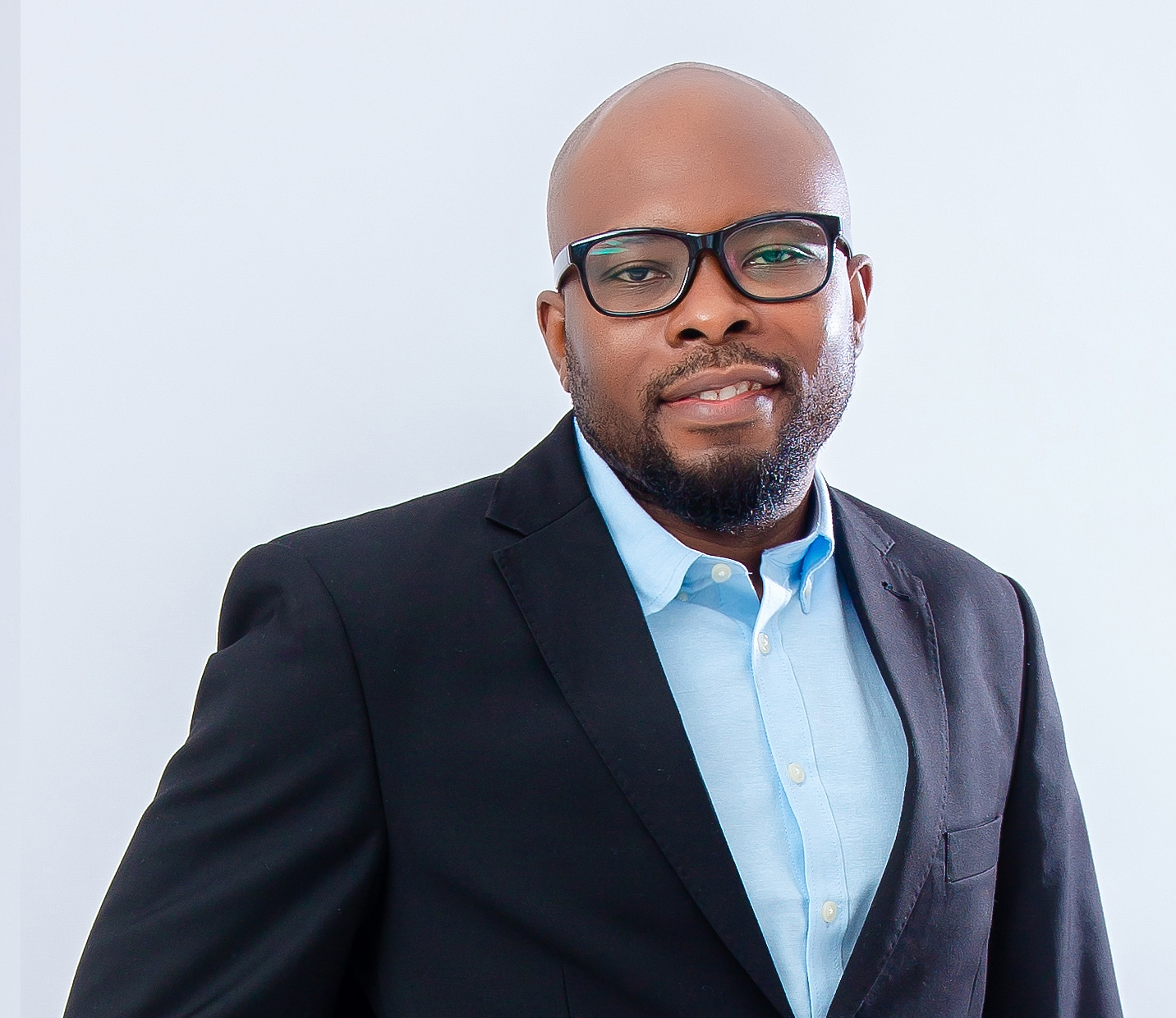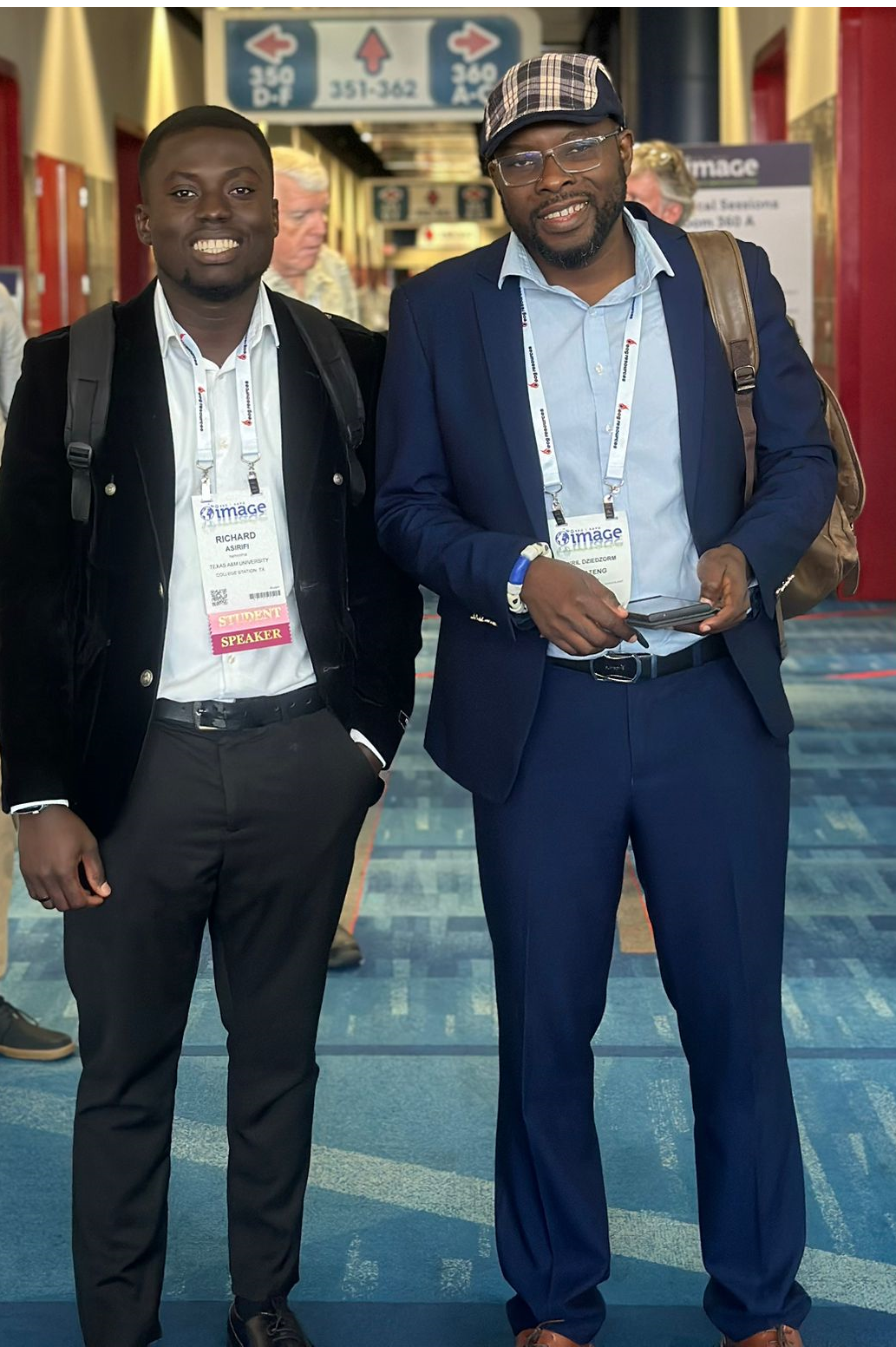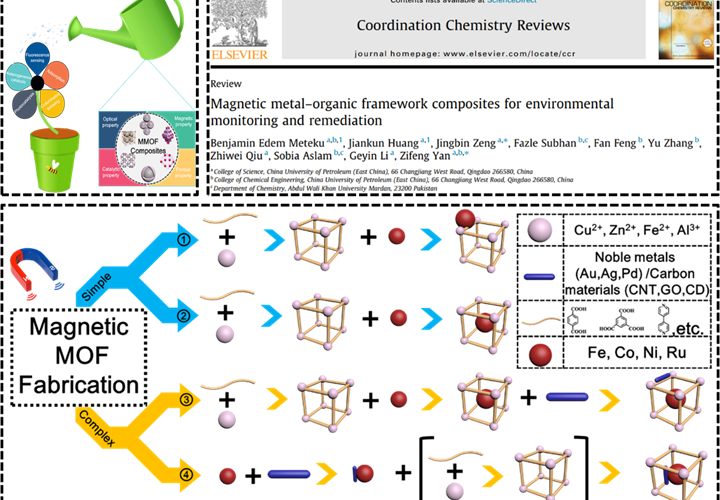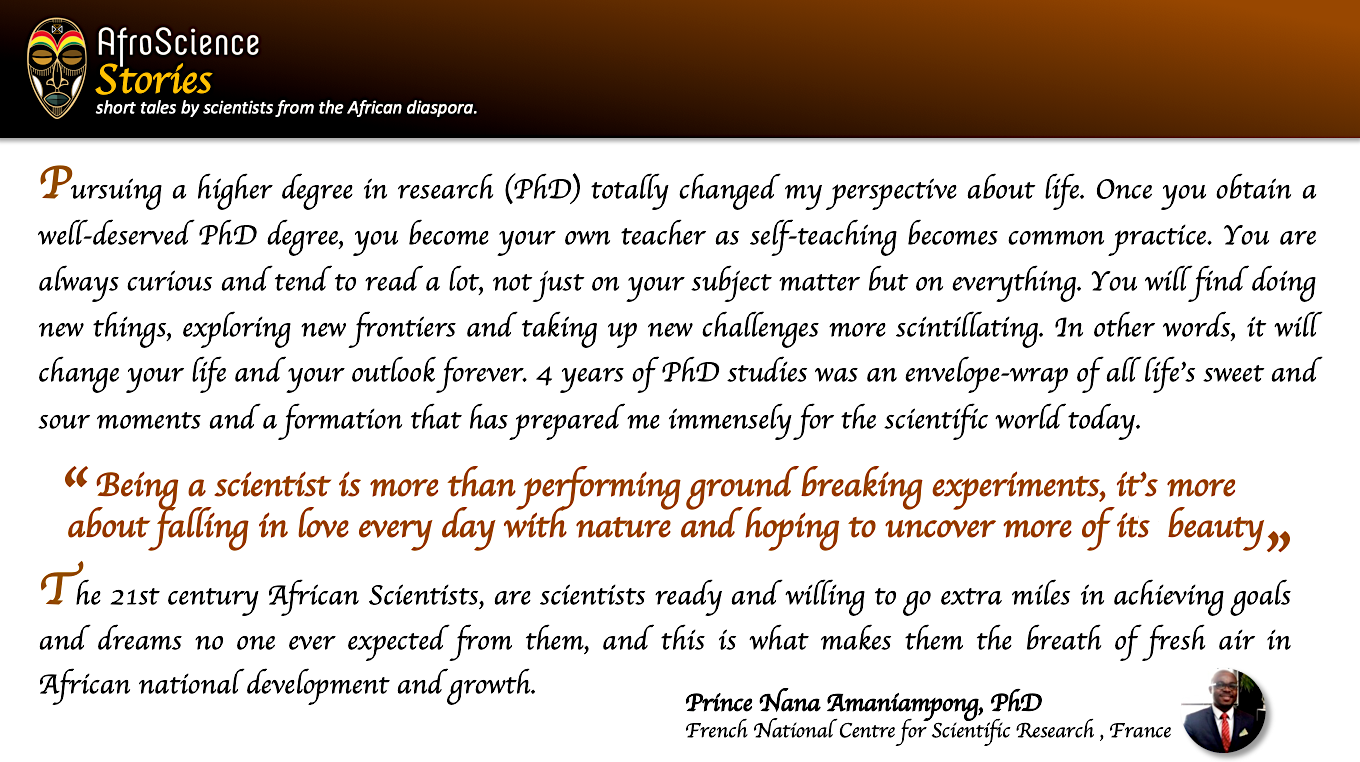Having recently celebrated my third anniversary at the Kwame Nkrumah University of Science and Technology in Ghana, I reflect on the journey that brought me here from China in 2020. The desire to return to Ghana and contribute to its academic landscape had always been a goal of mine, one that crystallised when my appointment email arrived. Yet, with the world in the grip of the COVID-19 pandemic and travel suspended, my departure was delayed.
Having recently celebrated my third anniversary at the Kwame Nkrumah University of Science and Technology in Ghana, I reflect on the journey that brought me here from China in 2020. The desire to return to Ghana and contribute to its academic landscape had always been a goal of mine, one that crystallised when my appointment email arrived. Yet, with the world in the grip of the COVID-19 pandemic and travel suspended, my departure was delayed.
I extended my contract in China, embracing the research opportunities while waiting for Ghana's borders to reopen. Despite the financial cost, with airfares soaring to between $5,000 and $13,000, I committed to my return, investing personal savings to make it possible. Most of my colleagues wondered why I wanted to go back home in the middle of a pandemic, especially since, at the time, China was perhaps the safest place in the world.
This choice to leave a comfortable position in China for the uncertainty back home is not common among early-career African scientists. The reasons for this have been reported several times. However, two essential steps can ease the transition for those considering a return:
Make a Decision
Committing to return to Africa requires a strong, unwavering decision that keeps you driven even when facing financial and career uncertainties. If you ask anyone who knows me, they will tell you I always talked of returning to Africa. These constant reminders were often not for the benefit of others but to keep my eyes on the goal. Convincing yourself and your close family that your path is back in Africa amidst financial uncertainty and few opportunities compared to other countries can be challenging, but your commitment to it helps keep you focused.
Know the Terrain Back Home
Staying connected with local academic leaders and understanding the opportunities and challenges are crucial in selecting the right environment for your return. I cannot overemphasise the importance of knowing the situation back home. In my case, I was in constant communication with the Head of the Department and Provost of the College I was interested in. Apart from that, I reached out to other Universities and engaged lecturers and officials back in Ghana, which kept me aware of opportunities and recruitment cycles. This also enabled me to choose the right environment.
For African institutions aiming to attract early-career academics, it is critical to:
Proactively Recruit
Institutions must actively engage and recruit talent from the diaspora, offering support such as covering airfares and providing relocation allowances.
Offer Rapid Progression Paths
A rapid career progression path that recognises an individual's experience and achievements should be offered rather than a one-size-fits-all system for early-career academics.
In closing, my department's welcoming and supportive atmosphere has made my return fulfilling, suggesting that cultivating such environments can play a major role in drawing scientists back to Africa.
Conflict Of Interest
The views and opinions expressed in this article are those of the author, and they do not purport to reflect the policies, opinions, or views of the AfroScience Network platform.
Disclaimer
This article has not been submitted, published or featured in any formal publications, including books, journals, newspapers, magazines or websites.
Be the first to comment
Please login to comment











